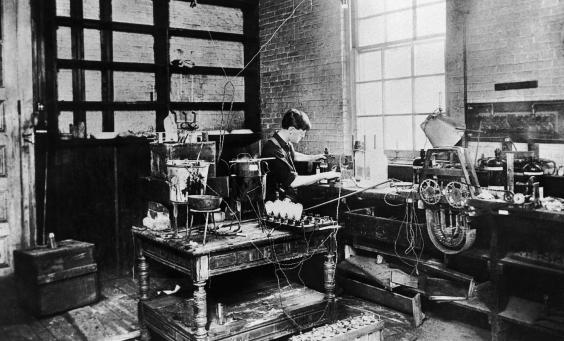Being disagreeable could help, rather than hinder, creative people when gathering support for their ideas.
Scoring high on assertiveness and egotism made people more likely to have their ideas heard in a group, particularly among other pushy characters.
Whereas psychologists have usually focused on creativity in relation to openness, the study in the Journal of Business Psychology looked at creativity in relation to agreeableness.
While agreeableness did not make someone more likely to generate ideas, it did affect the sharing and promotional quality of their creativity - that is, their creative capacity to sign others up to their ideas.
This was the finding of Pensylvania State University authors Samuel Hunter and Lily Cushenberry, who tested 200 students on how well they could pursuade others to agree with their marketing plan.
The students first worked alone for ten minutes, typing out ideas for a marketing campaign for the online campus of their university.
Then they formed groups of three and worked for 20 minutes as a group on a joint marketing plan.
Those who scored highly on disagreeableness - as having an argumentative, egotistical, aggressive, headstrong and hostile personality - were positively correlated to how much their ideas tended to be taken up as a group.
Inventors and entrepreneurs such as Steve Jobs and Thomas Edison were well-known for their difficult personalities, lending support to the paper's hypothesis that "being a jerk" can help creative people.

Yet the observed benefits of disagreeableness are seen here over a short space of time, said Research Digest.
"It remains to be seen whether they would persist over weeks, months or years of working together," the site said.
The researchers said their findings suggest that "being a 'jerk' may not be directly linked to who generates original ideas:
"But such qualities may be useful if the situation dictates that a bit of a fight is needed to get those original ideas heard and utilised by others."
- More about:
- Psychology
- Steve Jobs
- Character traits